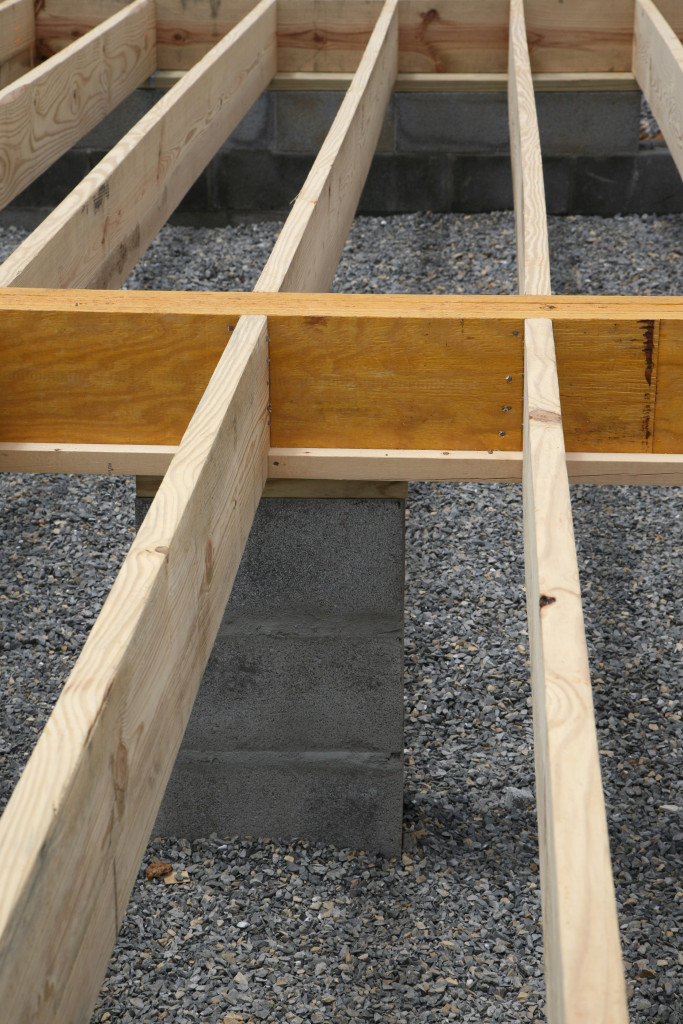Your very own dream house. It’s been a project you’ve been wanting to tackle for years. Maybe you watched too many shows about houses, or you read one too many articles about people who bit the bullet and did it. Whatever the case, you’re finally ready to take the plunge and build your perfect abode. Here are five tips to get you started:
Get Your Finances in Order
Before you even consider putting a down payment on land or signing any contracts, you need to ensure your finances are in order. Building a house is expensive, and you’ll likely take out a loan if you don’t have the money upfront. Loans for home construction can be tricky to navigate, so do your research and compare interest rates from different lenders. Also, have a solid plan for how you will repay the loan. A budget and sticking to it will be vital in ensuring you don’t get overwhelmed by debt.
Find the Right Architect and Builder
As you build your dream home, finding the right architect and builder is essential. The right team will understand your vision and be able to bring it to life. They should also be able to work within your budget and timeline. Here are a few tips for finding the right architect and builder for your project:
- Get referrals from friends and family. If someone you know has recently built a home, ask who their architect and builder were.
- Do some research online. Once you have a few names, check out their websites and see examples of their work.
- Set up interviews. Once you’ve narrowed your choices, meet with each architect and builder to get a better sense of their style and approach.
- Make your decision. After meeting with all the candidates, it’s time to make your choice. Select the team that you feel best understands your vision and can provide the services you need within your budget.
Purchase the Right Materials
Quality over quantity is essential when building materials because these items will be at your home’s foundation (literally). Skimping materials will only cost you more in the long run when repairs need to be made down the road. Do some research beforehand so that you know what kind of materials are available and within your budget. One way to find better quality materials for a lower price is to purchase them during the off-season. For example, when construction is slow, buying lumber in winter can often lead to lower prices.
Once you have an idea of what materials you want to use, consult with your builder so that they can help source them for you. Builders typically have relationships with vendors that allow them to get materials at a discounted rate.
Stay On Budget
Staying on budget is easier said than done when building a house because unexpected costs always pop up along the way. It’s just part of the process. The best way to avoid going over budget is by having a contingency fund that covers these kinds of unforeseen expenses. A contingency fund is money you set aside specifically for unexpected costs that may arise during the building process. For example, suppose your builder needs to order an extra truckload of lumber because they underestimated how much they would need. In that case, the contingency fund can cover that cost.
Unexpected costs like this are bound to come up at some point, so it’s best to be prepared. Anticipate that there will be additional costs and plan for them accordingly by setting aside some extra money each month leading up to breaking ground on your project. This will help ensure that any unexpected surprises won’t completely throw off your budget and put a delay on your build timeline.
Don’t Forget About Permits!
Before any work can begin on your home, you must obtain the proper permits from your city or county government office. This includes electrical, plumbing, foundation, septic/sewer, building, etc. Each type of permit has its own requirements that must be met before it can be issued. So it’s crucial to start this process as early as possible. Hence, there isn’t any delay in getting started on construction. Depending on where you live, some permits can take weeks or even months to be approved. The last thing you want is for construction to come grinding to a halt because a straightforward piece of paperwork wasn’t filed correctly.
Now that you know more about what goes into building a house, it’s time to start making those dreams become a reality! Just remember these five tips throughout the process: finance wisely by getting help from experts and planning for additional costs along the way; find a reputable builder who shares your vision; don’t skimp out when purchasing materials; stay on top of paperwork by obtaining all necessary permits before beginning construction, And most importantly — enjoy watching your dream home come together piece by piece.

